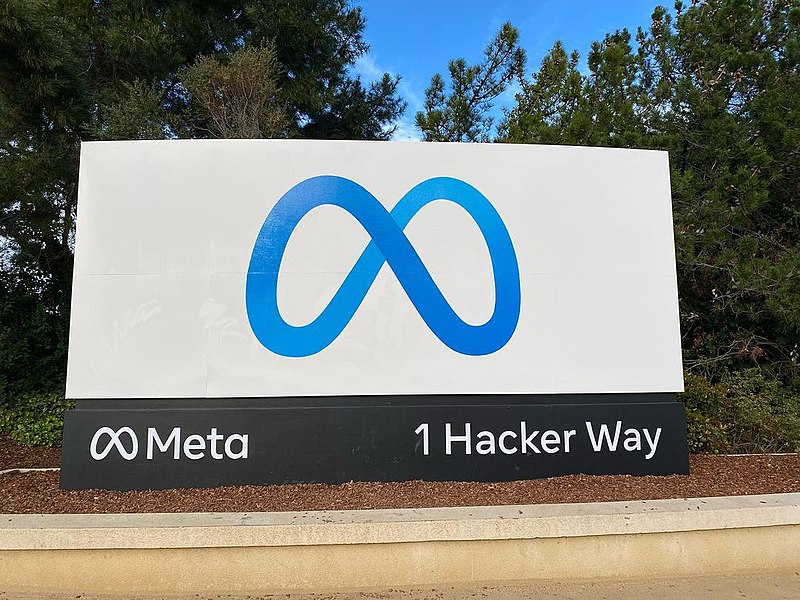EU opens probe into Meta over response to disinformation on Facebook and Instagram – Business

The European Commission, the European Union’s executive branch, today launched a probe to determine if Meta Platforms Inc. may have breached the bloc’s Digital Services Act.
The focus is on whether the company may have run afoul of DSA requirements that pertain to the handling of social media disinformation. The probe also covers a number of other areas. One focus for EU officials will be the question of whether Meta shares adequate information about election-related posts on its platforms, while the company’s content recommendation algorithms are set to draw scrutiny as well.
“This Commission has created means to protect European citizens from targeted disinformation and manipulation by third countries,” said European Commission President Ursula von der Leyen. “If we suspect a violation of the rules, we act. This is true at all times, but especially in times of democratic elections.”
The DSA is a piece of regulation that EU lawmakers passed in 2022 to more closely regulate tech giants. It applies to, among other services, major social media platforms. The EU’s probe of Meta focuses on Facebook and Instagram.
The DSA lays out steps that social media companies must take to tackle deceptive ads, disinformation campaigns and coordinated inauthentic behavior on their platforms. The EU believes that Meta may have failed to meet those requirements. According to Bloomberg, the probe will focus on the company’s response to Doppelganger, a Russian propaganda campaign that came to light in February and targeted users via social media.
Another focus of the probe is Meta’s policy of demoting political content in users’ Facebook and Instagram feeds. The EU believes that the practice may violate DSA requirements pertaining to transparency into social media platforms’ operations. Additionally, officials suspect Meta’s handling of political content breached rules that require social media companies “assess and mitigate risks to civic discourse and electoral processes.”
The EU will also look into CrowdTangle, a Meta tool that allows researchers and journalists to track trending news content on its platform. The tool can provide information on what articles are drawing the most attention, who published them and how many users interacted with them. Meta plans to sunset CrowdTangle in August.
According to the EU, phasing out the tool without providing an alternative may put the company in breach of multiple DSA rules. The legal requirements in question mandate that social media companies make real-time tools for monitoring election-related content available to researchers, journalists and civil society groups.
“The Commission therefore suspects that, taking into account Meta’s deprecation and planned discontinuation of CrowdTangle, Meta has failed to diligently assess and adequately mitigate risks related to Facebook’s and Instagram’s effects on civic discourse and electoral processes and other systemic,” the European Commission stated.
EU officials have given Meta five days to specify what actions it will take to remedy the situation. “The Commission has reserved the right to take measures in case those actions are deemed insufficient,” officials detailed.
The EU’s probe also extends to other areas. In particular, officials plan to evaluate whether a tool that Meta provides to let consumers report illegal content on its platforms is sufficiently accessible and user-friendly. In parallel, the EU will review the company’s mechanism for processing complaints about its content moderation decisions.
